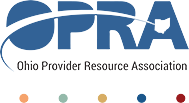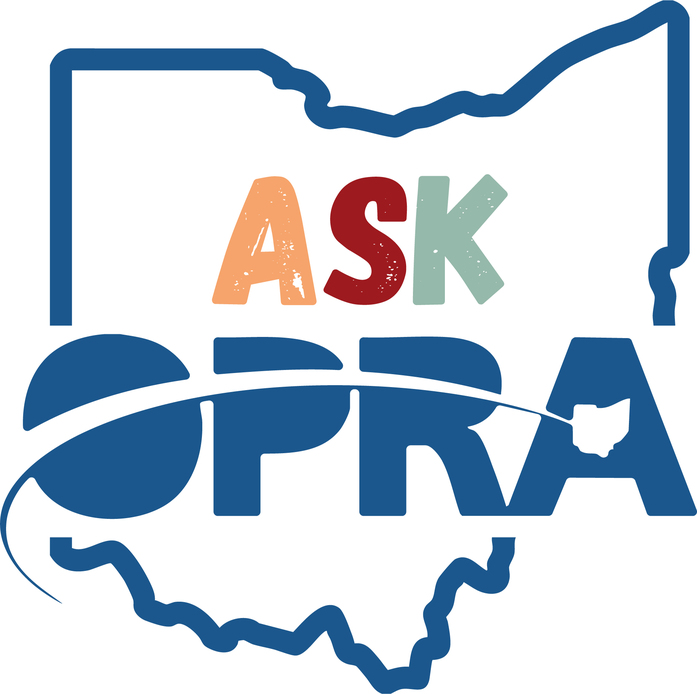Complete Story
04/23/2020
CMS Announces Blanket Waivers for ICFs
Read the full announcement from 4/22/2020 here.
Waivers of ICF requirements:
- Staffing Flexibilities. CMS is waiving the requirements at 42 CFR §483.430(c)(4), which requires the facility to provide sufficient Direct Support Staff (DSS) so that Direct Care Staff (DCS) are not required to perform support services that interfere with direct client care. DSS perform activities such as cleaning of the facility, cooking and laundry services. DSC perform activities such as teaching clients appropriate hygiene, budgeting, or effective communication and socialization skills. During the time of this waiver, DCS may be needed to conduct some of the activities normally performed by the DSS. This will allow facilities to adjust staffing patterns, while maintaining the minimum staffing ratios required at §483.430(d)(3).
- Suspension of Community Outings. CMS is waiving the requirements at 42 CFR §483.420(a)(11) which requires clients have the opportunity to participate in social, religious, and community group activities. The federal and/or state emergency restrictions will dictate the level of restriction from the community based on whether it is for social, religious or medical purposes. States may have also imposed more restrictive limitations. CMS is authorizing the facility to implement social distancing precautions with respect to on and off-campus movement. State and Federal restrictive measures should be made in the context of competent, person-centered planning for each client.
- Suspend Mandatory Training Requirements. CMS is waiving, in-part, the requirements at 42 CFR §483.430(e)(1) related to routine staff training programs unrelated to the public health emergency. CMS is not waiving 42 CFR §483.430(e)(2)-(4) which requires focusing on the clients’ developmental, behavioral and health needs and being able to demonstrate skills related to interventions for inappropriate behavior and implementing individual plans. We are not waiving these requirements as we believe the staff ability to develop and implement the skills necessary to effectively address clients’ developmental, behavioral and health needs are essential functions for an ICF/IID. CMS is also not waiving initial training for new staff hires or training for staff around prevention and care for the infection control of COVID-19. It is critical that new staff gain the necessary skills and understanding of how to effectively perform their role as they work with this complex client population and that staff understand how to prevent and care for clients with COVID-19.
- Modification of Adult Training Programs and Active Treatment. CMS recognizes that during the 4/21/2020 17 public health emergency, active treatment will need to be modified. The requirements at 42 CFR §483.440(a)(1) require that each client must receive a continuous active treatment program, which includes consistent implementation of a program of specialized and generic training, treatment, health services and related services.
- CMS is waiving those components of beneficiaries’ active treatment programs and training that would violate current state and local requirements for social distancing, staying at home, and traveling for essential services only. For example, although day habilitation programs and supported employment are important opportunities for training and socialization of clients at intermediate care facilities for individuals with developmental disabilities, these programs pose too high of a risk to staff and clients for exposure to a person with suspected or confirmed COVID-19. In accordance with §483.440(c)(1), any modification to a client’s Individual Program Plan (IPP) in response to treatment changes associated with the COVID-19 crisis requires the approval of the interdisciplinary team. For facilities that have interdisciplinary team members who are unavailable due to the COVID-19, CMS would allow for a retroactive review of the IPP under 483.440(f)(2) in order to allow IPPs to receive modifications as necessary based on the impact of the COVID-19 crisis.


